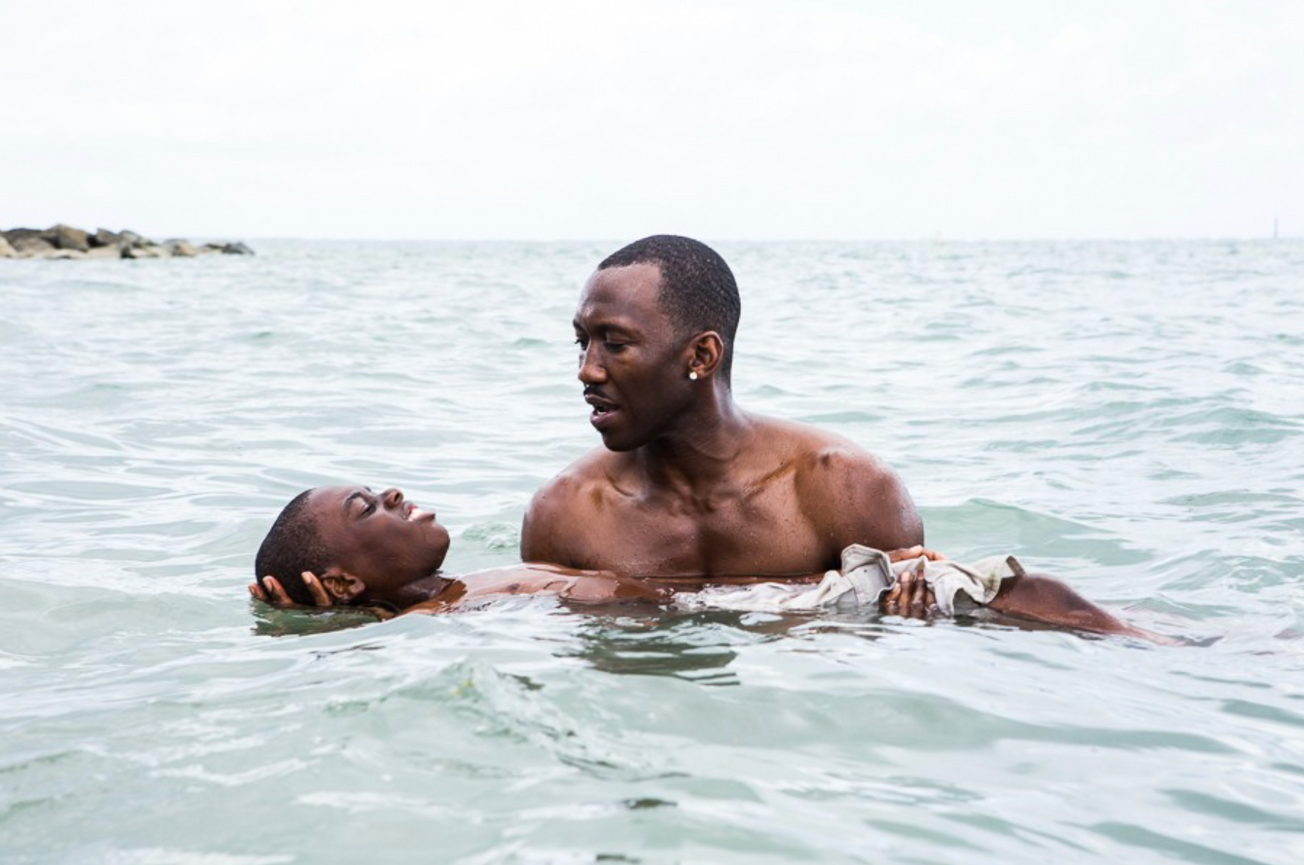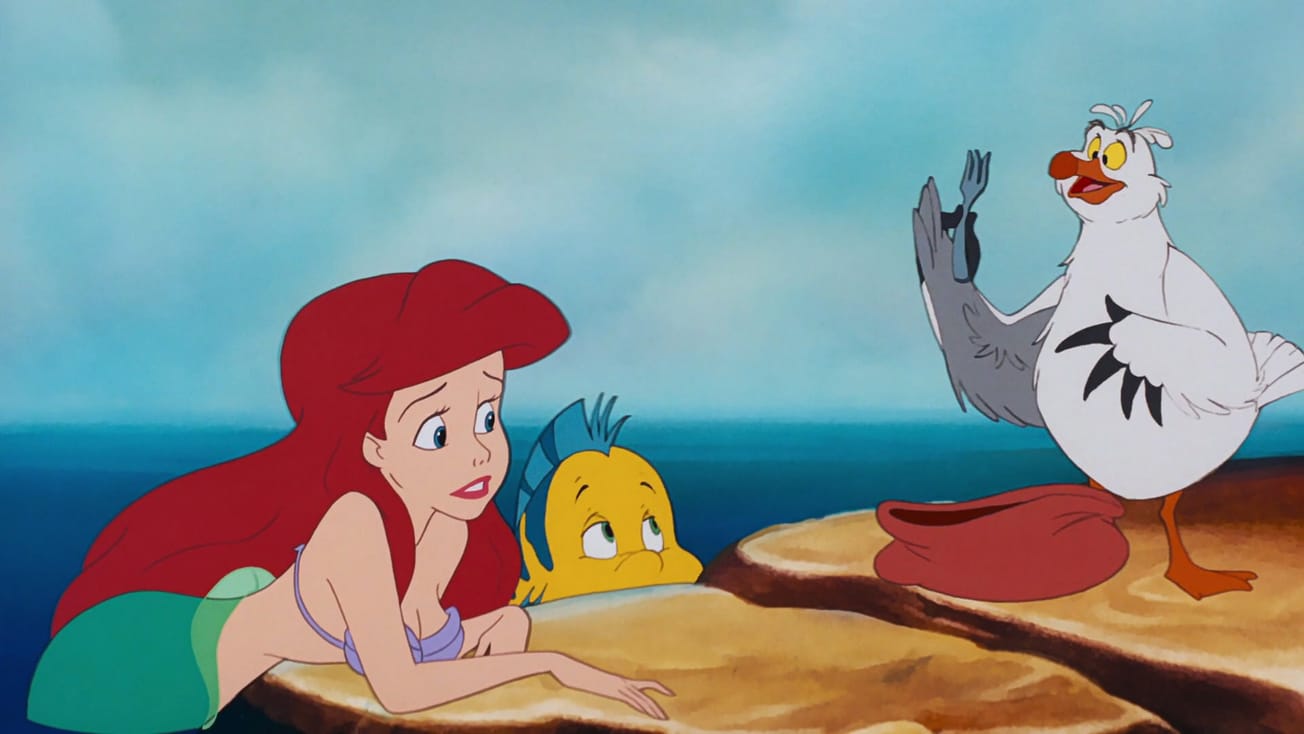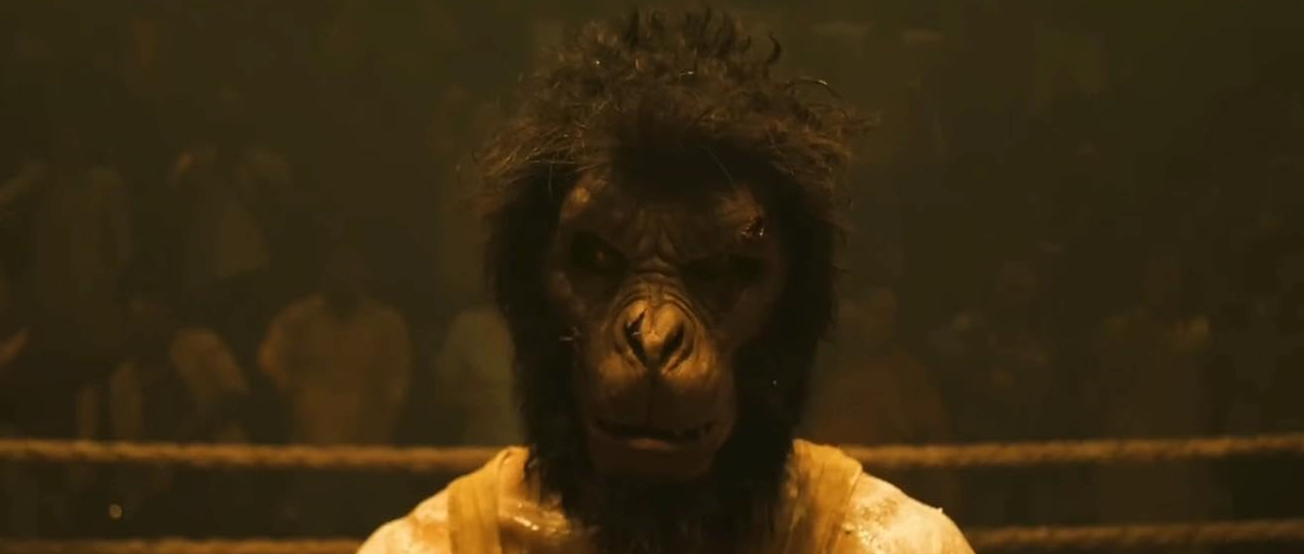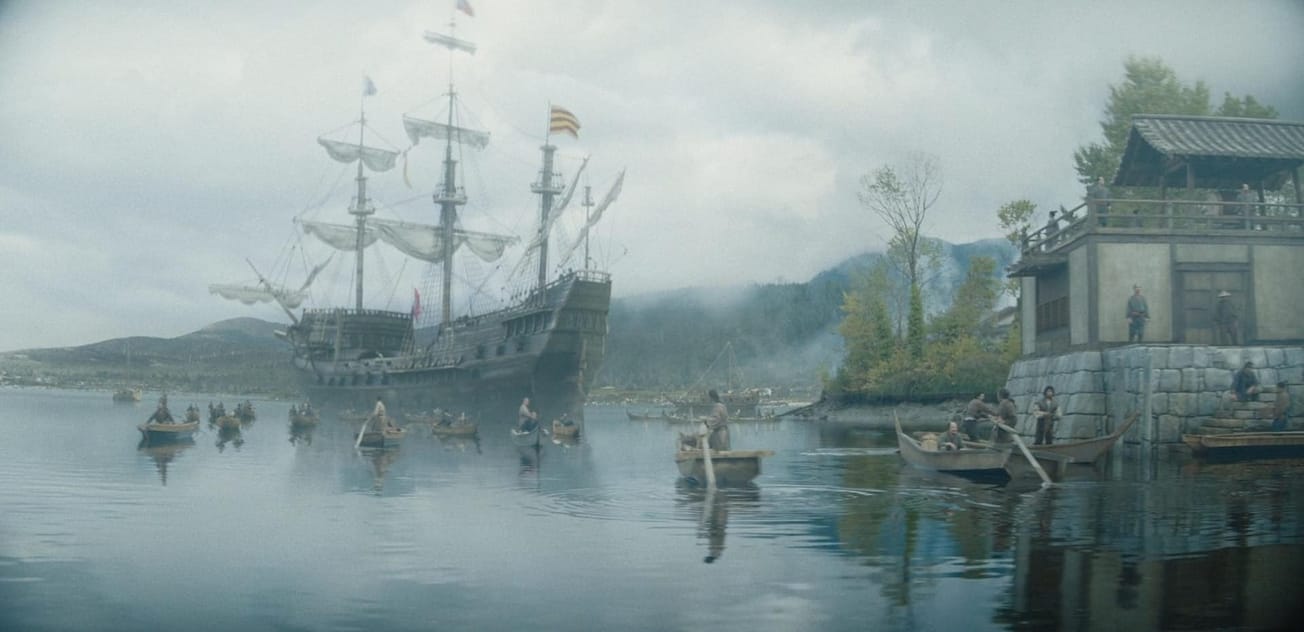By Lauryn Clarke, Third Year, History
Here’s a list of TV shows and films you can watch in lockdown to educate yourself on the issues surrounding the Black Lives Matter movement.
Police brutality and discrimination
The following programmes and films feature true and fictionalised accounts of police brutality and discrimination. Focusing on distressingly real cases and discussions of how the policing system in America gives rise to them, these films and series depict some of the struggles that Black Americans face.
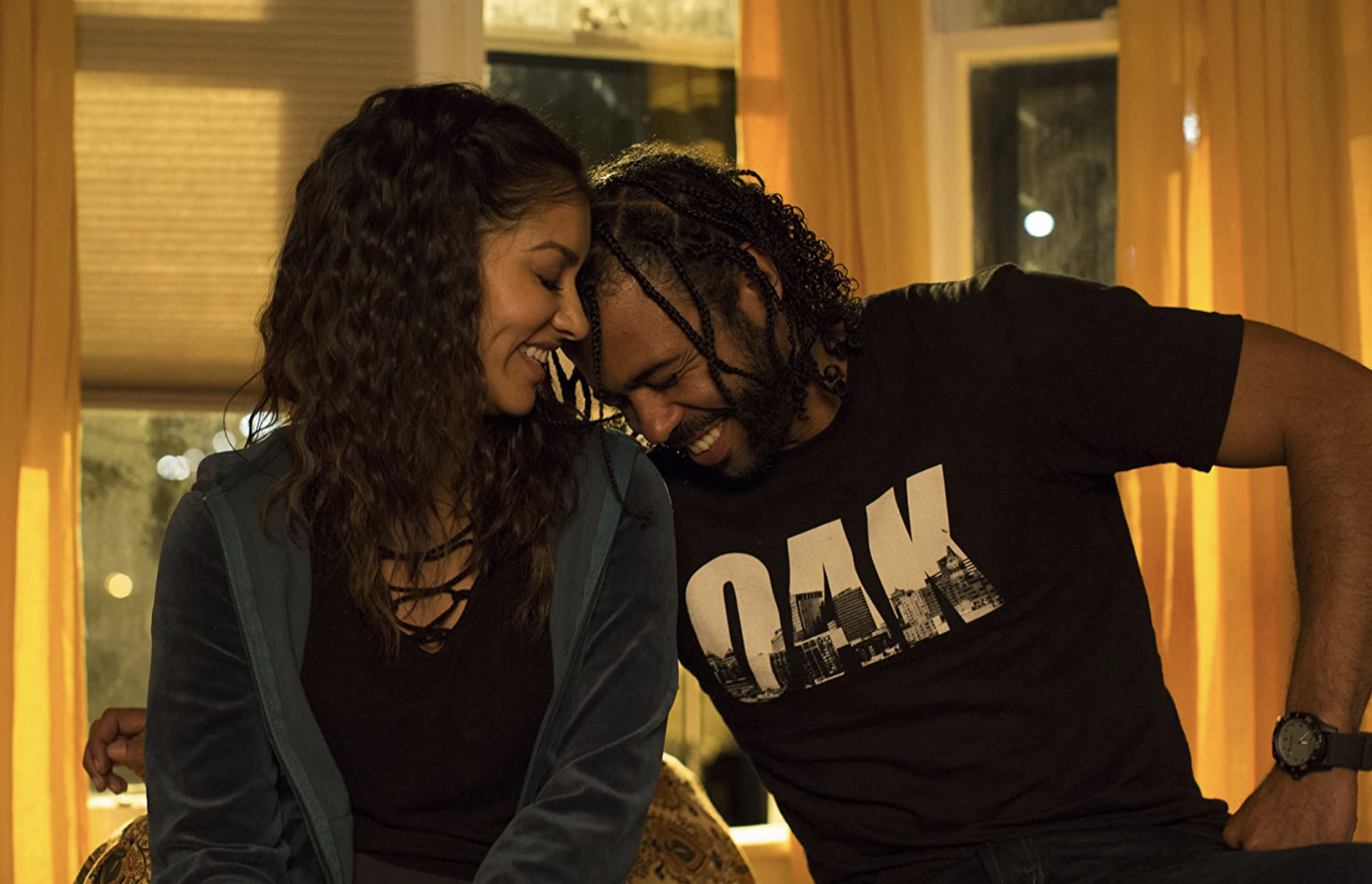
The Hate U Give (2018), dir. George Tillman, Jr
Based on the best-selling novel by Angie Thomas, this film depicts an all-too-common scene of a young Black man being killed by a police officer in what could have been an easily de-escalated traffic stop. Amandla Stenberg stars as the protagonist, Starr, who attends a majority-white private school while living in a predominantly Black area. She struggles with code-switching and wanting to fit in while maintaining her identity as a young Black woman in the face of police brutality and injustice.
When They See Us (2019), dir. Ava DuVernay
Based on the story of the Central Park 5, Ava DuVernay presents a four-part series for Netflix exploring racial bias in the justice system and how unlawful imprisonment ruined the lives of five innocent men. Following them from being convicted teenagers to adults let down by the system, DuVernay presents a heart-breaking story of how racism within the police system can ruin lives.
Oprah Winfrey presents a follow-up discussion with the cast, crew, and real-life figures who discuss the events and their portrayal in the show. Also available on Netflix.
The Broken Policing System | Patriot Act with Hasan Minhaj (Volume 4, Episode 6) (2019), dir. Richard A Preuss
129 hours on weapons and fighting training, 8 hours on conflict de-escalation. This fact about US police training is presented by Hasan Minhaj to contextualise the aggressive nature of US policing in its current state and why police interaction so often ends in violence. Talking to a police trainer and a law professor, Minhaj tries to understand why the current policing system is broken and if it is possible to repair it.
Fruitvale Station (2013), dir. Ryan Coogler
Michael B Jordan plays Oscar Grant, a young man tragically killed by police after a fight on public transport. This biographical film by Ryan Coogler shows the tragic events of New Year’s Day, 2009, which later sparked protests and rioting throughout Oakland. It also uses real cell phone footage of the incident – a method which people are using more and more frequently to hold police accountable for their actions.
Do The Right Thing (1989), dir. Spike Lee
Spike Lee’s classic Academy Award-nominated film depicts themes of police brutality, gentrification, and racial tension; all of which come to a head one summer night in Bed-Stuy, Brooklyn. Using quotes by Martin Luther King Jr and Malcolm X to close the film, Spike Lee leaves audiences questioning whether there is a correct way to protest in the face of oppression – a question that carries a particular force at the moment.
13th (2016), dir. Ava DuVernay
This Emmy-winning documentary explores how the 13th amendment to the US constitution abolished slavery except in cases of punishment for a crime and argues that it has continued to the modern era through convict leasing and other issues such as disenfranchisement and Jim Crow laws. Examining complicated issues such as the prison-industrial complex and the war on drugs, Ava DuVernay presents a stark look at how minorities are persecuted and let down by the State and justice system.
As with DuVernay’s other Netflix show When They See Us, this documentary also features an after-show discussion with Oprah Winfrey. Also available on Netflix.
Police: Last Week Tonight with John Oliver (2020), dir. Christopher Werner
John Oliver broke from his usual show format, tackling multiple topics over an episode. In the most recent episode of his talk show, he focusses solely on modern US policing and where we go from here, post-protest.
Explaining how defunding the police can (and already does) work, Oliver analyses the role of police unions and lawmakers on how law enforcement interacts with the public, and whether the current atmosphere in America allows for those who ‘serve and protect’ to be held accountable.
Blindspotting (2018), dir. Carlos López Estrada
Named as one of Barack Obama's favourite films of 2018, Blindspotting gives a realistic look at Oakland and the Bay Area of San Francisco, which Daveed Diggs and Rafael Casal (both of whom wrote and starred in the film) feel is often misrepresented in the media.
The film follows a man at the end of his parole sentence, covering themes of police brutality, gentrification, and racism, all while giving an intimate look at a lifelong friendship hanging by a thread.
Systemic Racism and Gentrification
Systemic racism and gentrification are harder to see and understand than brazen acts of racist violence or police brutality, but they are no less insidious. These films and TV shows will help explain how, even in 2020, schools are still segregated and the racial wealth gap continues to widen, as well as deconstruct exactly what it is meant by 'defunding' the police.
Explained: The Racial Wealth Gap (Season 1, Episode 1) (2018), created by Ezra Klein and Joe Posner
Senator Cory Booker, sociologist Thomas Shapiro, and other experts present this Netflix and Vox collaboration to explain the racial wealth gap in America. The economic disparity between white and Black families is explained from its roots in slavery to how it persists in the present-day. From redlining to compounding interest, this 15-minute explainer will leave you shocked at how the racial wealth gap emerged and still continues.
Teach Us All (2017), dir. Sonia Lowman
This documentary discusses school segregation from the Little Rock 9 in Arkansas, to modern day segregation in major cities like New York and Los Angeles. While this covers educational discrepancy of all races, it focuses on the segregation that still exists between Black and white students, as well as how lower income students are suffering under the United States public education system.
School Segregation: Last Week Tonight with John Oliver (2016), dir. Christopher Werner
John Oliver appears again on this list with his take on modern school segregation in a show that can be watched in the same amount of time as it takes you to eat your breakfast. Presenting facts and statistics with his acerbic style of analysis, he shows the true harm in these segregated schools and how narrowing the achievement gap can be good for all.
What Does It Mean to Defund or Abolish the Police? – The Daily Social Distancing Show (2020), dir. David Paul Meyer
Trevor Noah leads a discussion with leading activists and experts on what the demand of ‘Defund the Police’ actually means. Patrisse Cullors (co-founder of the Black Lives Matter movement) teaches Noah and viewers about proposed solutions of law enforcement going forward post-protest in the current climate. Noah directs the discussion and keeps his charisma and humour as host, while experts explain how the US could survive without the current state of policing.
Protests, Riots, and Leaders
From The March to Selma to the riots in Ferguson and Los Angeles, there are many key protests in modern Black American history. Leaders like Martin Luther King Jr and Malcolm X have been portrayed a lot in film, but here are some other resources to educate yourself on key people and events.
Whose Streets? (2017), dir. Sabaah Folayan
Focusing on the events in Ferguson, Missouri in 2014, this documentary shows the protests and riots following the murder of teenager Michael Brown by officer Darren Wilson, and the clearing by a grand jury that ensued. With chants of 'Hands Up, Don’t Shoot', which echo Brown’s last words, this film presents a moving look at the dedicated activists fighting in the face of discrimination and injustice, all centred around the suburb of St. Louis.
Selma (2014), dir. Ava DuVernay
Ava DuVernay’s critically-acclaimed film depicts the march from Selma to Montgomery, Alabama in 1965 to protest for equal voting rights. Although not 100% factual, it is praised for its depiction of the famous protests and its honest portrayal of all involved – including now-Congressman John Lewis who is the only living speaker remaining from the 1963 March on Washington where Dr King made his famous ‘I Have a Dream’ speech.
Malcolm X (1992), dir. Spike Lee
Depicting the life of civil rights leader best known as Malcolm X (legally El-Hajj Malik El-Shabazz), this film illustrates his struggles and how he became one of the most famous leaders during the civil rights era in the USA. Including his death at the hands of the disciples of the Nation of Islam – the organisation he used to be the figurehead of – Lee tells the story of the more militant side of the civil rights movement.
LA 92 (2017), dir. Daniel Lindsay and T.J. Martin
Composed entirely of original footage, this National Geographic documentary centres on the riots in 1992 after the beating of Rodney King and the aftermath of the officers being acquitted. Telling the recent history of race and the law in Los Angeles, this Emmy-winning documentary shows stark similarities to the current events we are seeing across the world.
Reggie Yates: Race Riots USA (2015), dir. Ruhi Hamid
In the wake of the riots in Ferguson, Missouri that followed the death of Michael Brown at the hands of a police officer, Reggie Yates travels to America to meet the people living in the town, from those who witnessed the aftermath and participated in the protests to those who stand in staunch defence of the police officers.
Showing how the police are trained to deal with confrontational situations, as well as talking to a lawyer about how the minority population of the town are charged with minor infractions including a ‘sagging pants law’, Yates gets to the heart of where the Black Lives Matter movement captured international attention.
Black LGBTQ+ Lives
June is Pride Month in the UK and the US, which wouldn’t exist without Marsha P Johnson, the Black trans woman who threw the first brick at Stonewall. With 34% of Black trans women living in extreme poverty and over a third of Black trans people reporting targeted harassment from police, they are a vital part of the Black Lives Matter movement.
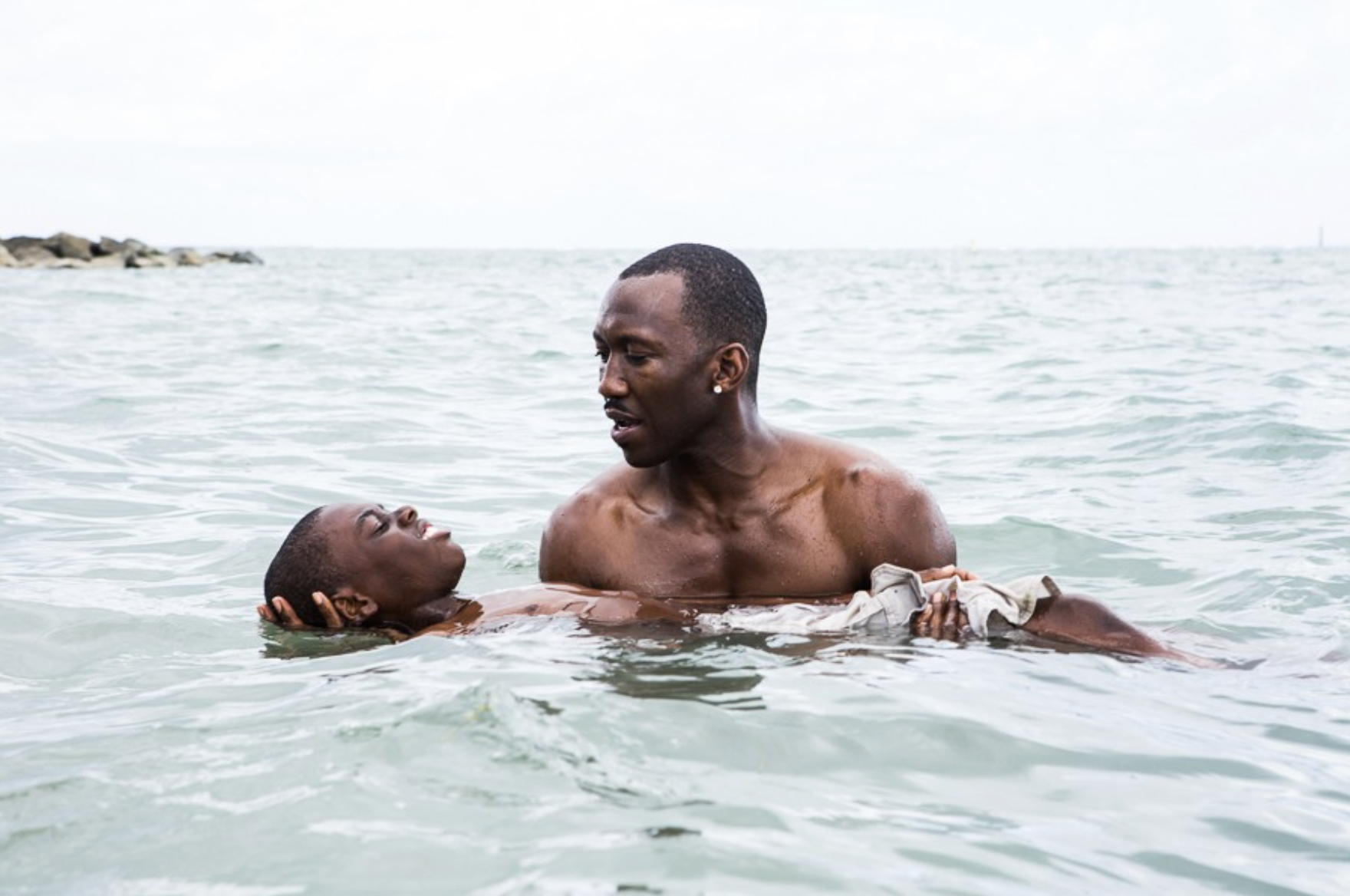
Paris is Burning (1990), dir. Jennie Livingston
Focusing on the ballroom scene of the New York underground queer culture in the mid to late 1980s, this multi-award-winning documentary highlights the issues facing the queer Black and latinx community, including homophobia and transphobia, poverty, and racism. Now heralded by many in the queer community as a foundational document of understanding queer minority existence, this film looks into the lives of a community at risk of discrimination for both their sexuality and race towards the end of the twentieth century.
The Life and Death of Marsha P. Johnson (2017), dir. David France
Chronicling the mysterious death of queer icon Marsha P. Johnson, this documentary explores her activism (including her Black gay rights work and the famous Stonewall riot) and her tragic death, which it contrasts with the work of trans activist Victoria Cruz of the Anti-Violence Project. Using footage from the time and with gay rights activists including Marsha herself, this documentary sheds light on why pride is still a protest even today.
Moonlight (2016), dir. Barry Jenkins
Critically-acclaimed and cinematically beautiful, this film tells the story of a young Black boy named Chiron from his childhood to early adulthood, and his struggle with sexuality and identity. Becoming the first LGBTQ+ film to win an Oscar and starring Mahershala Ali – the first Muslim to win an Oscar for acting – Moonlight is historically ground-breaking.
Exploring themes of blackness, masculinity and identity, it is a definite watch for those wanting to explore manifestations of the intersections between Blackness and queerness.
Featured images: IMDb, Netflix
Please drop us a message if there are any films or TV shows that you would add to the list! If you want to learn more about the Black Lives Matter movement and how you can support it, here is a fantastic list of resources.

